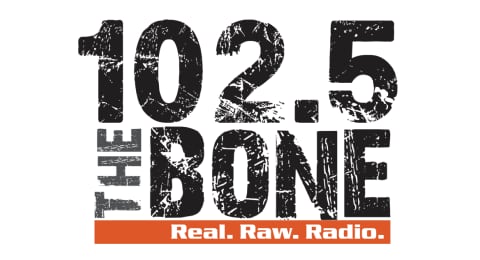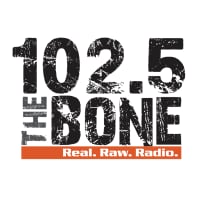What the One Big Beautiful Bill Act means for employers
On July 4, 2025, President Trump signed the One Big Beautiful Bill Act, a comprehensive tax and policy reform law that has dramatic implications for how U.S. employers handle payroll, benefits, compliance, and employee communications.
The law’s provisions, which range from permanent tax cuts to expanded deductions and new workforce benefits, are forcing HR, payroll, and finance leaders to rethink their operations.
In a recent episode of the podcast HR Mixtape, Kurt Shoemaker, director of compliance and government relations at HR and payroll software company Paylocity, outlined key takeaways for businesses bracing for the changes.
Tax Deductions Take Center Stage
OBBBA introduces new deductions for qualified tipped wages and overtime premium pay, but Shoemaker warns they come with specific restrictions. Although the law mentions “elimination of tax” in some sections, it also sets limits on the total deductions each employee can claim.
“You can't just go and take everybody's type of payment and turn it into tips," Shoemaker said. "There's a lot of requirements around which occupations they're working in, in addition to those limits.”
The IRS will not alter W-2 reporting in 2025, though guidance will be issued on how to claim the credits. Form changes for W-2 and W-4 are expected in 2026.
Shoemaker emphasized that payroll systems will need to distinguish between regular and premium overtime, track qualified tips, and account for income-based phase-outs.
Benefits Limits Rise, Flexibility Expands
Starting in 2026, the Dependent Care Assistance Plan (DCAP) cap jumps from $5,000 to $7,500 per household. Employers may also opt to contribute up to $2,500 annually to new federally backed IRA accounts for children born between Jan. 1, 2025, and Jan. 1, 2029.
HSA eligibility rules are also widening to include telehealth-first, direct primary care, and ACA bronze plans. Shoemaker called the changes “an opportunity for benefits teams to rethink their offerings” and to ensure increases are communicated well before open enrollment.
Credits Grow — And So Does Oversight
The Federal Insurance Contributions Act tip credit now extends beyond restaurants to salons and barbershops, while credits for paid family leave and small-business research and development have been extended or made permanent.
The Employee Retention Credit, however, is off the table for claims postmarked after Jan. 31, 2024. The IRS also has an additional three years to audit certain filings.
“The reason they're doing this is they're making this change with an aim to minimize fraud,” Shoemaker said. “And they're also adding some new regulations to penalize paid promoters who encouraged a lot of ineligible employers to file claims that they maybe weren't eligible for.”
Communication Could Make or Break Implementation
Because employees won’t see tip and overtime deductions reflected in paychecks — claiming them only at tax time — Shoemaker urged HR teams to fill the information gap. He warned that misinformation could erode trust if workers don’t understand the changes.
Clear explanations, FAQs, and manager training will be essential during open enrollment and onboarding in 2025–2026.
A Cross-Functional Challenge
From payroll systems and tax filings to benefit documents and employee education, OBBBA’s scope means no single department can manage compliance alone. Experts recommend a cross-functional task force to track IRS guidance, ready payroll systems, adjust benefits, and coordinate communications.
The Bottom Line
With OBBBA’s sweeping provisions now law, the countdown to compliance has begun. Employers that move quickly — auditing systems, aligning departments, and educating their workforces — will be positioned not only to meet new mandates but to maximize the law’s tax and benefit opportunities.
Those who delay risk scrambling to catch up as guidance is issued, forms change, and oversight tightens. The smartest approach is clear: treat OBBBA as both a compliance imperative and a strategic opportunity.
This story was produced by Paylocity and reviewed and distributed by Stacker.


